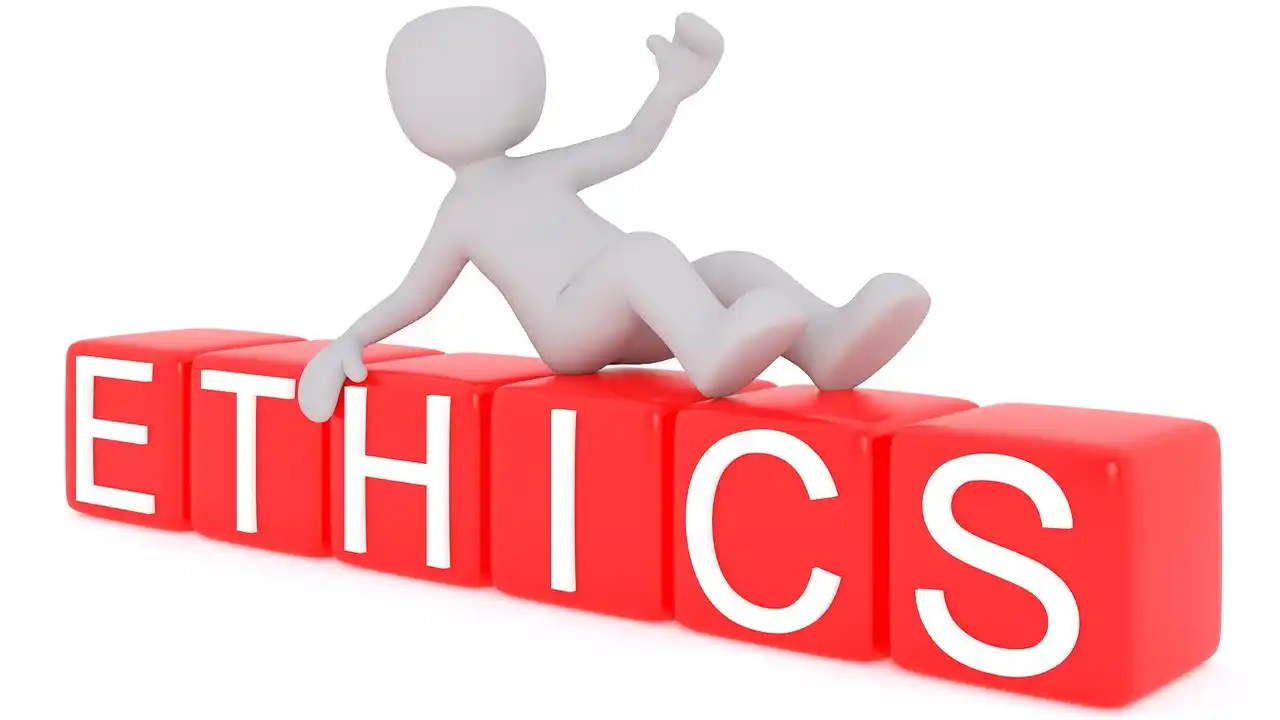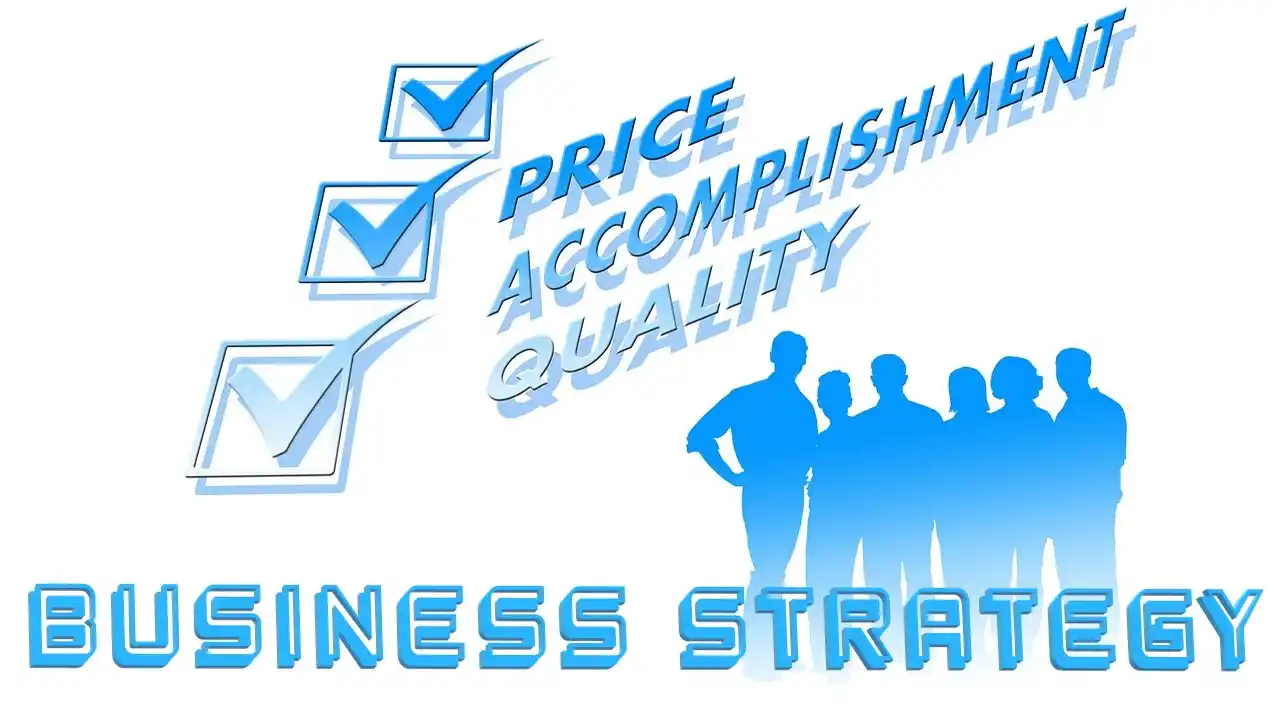It is simple to see why an ethical mindset and processes would benefit a company’s bottom line: more loyal customers. When a company behaves ethically, there is evidence that employees believe they have a greater stake in its success. The culture of an ethical organization is crucial to its success. However, which aspects of culture are the most significant, and why? Human resource directors must understand where resources should allocate. In this article, we examine about the most essential characteristics of businesses that strive to conduct themselves ethically. Continue reading to become an expert in characteristics of business ethics and learn everything you can about it.
The purpose of this study was to determine what industry executives believe are the most important aspects of an ethical company culture. According to what we have learned, there are five primary types of characteristics: a focus on purpose and values, a balance between stakeholders, effective leadership, process integrity, and a long-term perspective. We believe that these characteristics should serve as the foundation for a comprehensive model that can use to modify operational behaviors as part of establishing and maintaining an ethical corporate culture. This model can use to establish and maintain an ethical business mindset.
Top 12 – Characteristics of Business Ethics
Employees, team leaders, and managers are all held to the same ethical standard in the workplace. They should be honest and unbiased in their communications with coworkers and clients. Employee unethical behavior negatively affects the company’s morale and how it treats customers. Retaining employees is considerably simpler when they believe in the organization they work for. Employees desire to work for companies that conduct business in a robust and trustworthy manner and are fair to all parties, including customers. Check out these characteristics of business ethics to broaden your horizons. To explore sources of business ethics issue further, read this informative article.
Driven by Mission and Vision
Businesses that conduct themselves ethically typically have a mission statement or code of values that is more important than earning a profit. When both management and employees value these principles, the workplace becomes a community with shared objectives. Prior to this, individuals simply collaborated to maximize their profits.
This can have a significant positive impact on both employee engagement and the company’s public relations. Additionally, it could assist the group endure difficult times. Another key characteristics of business ethics is fairness, which involves treating all stakeholders in a fair and equitable manner.
Leadership Capability
To ensure that ethics are an integral component of business culture, ethical role models are essential. A “top-down” approach is utilized to construct an ethical business. For instance, management must create and enforce rules for environmentally friendly actions. Establishing a morally sound business requires this.
Personalities and worldviews are two of the most influential factors in determining whether or not a “green champions” plan will be successful. Some individuals do not wish to instruct their companions. Additionally, green winners are permitted to exit the arena at any time. Management must take the initiative if there is to be a written policy that is adhered to, rather than just an oral rule that is passed from worker to worker.
Greater than the Rule of Law
Even if the law permitted people to do many things, it would not be more essential than ethics. Law is commonly viewed as a means of controlling social traditions, whereas ethics focuses on both the behavior of individuals and the welfare of their groups.
Concerning Human Aspects
Business ethics is the study of actions, decisions, and methods of conducting business that involve people. Business ethics is responsible for teaching customers, company owners, the government, society, and other stakeholders what makes a business practice good or poor, appropriate or inappropriate, or right or wrong.
Long-term Outlook
The majority of individuals believe that enterprises that prioritize the long term have a higher moral standard. This long-term plan should include not only the company’s financial performance but also its role in the community and the world.
Self-reflection is essential to this trait. For a company to demonstrate integrity, it must question itself honestly and openly what it is doing and why. The staff must ask these inquiries so that they feel like they are contributing to the company’s long-term success. Long-term planning enables businesses to prepare for the future and ensures their survival.
Goals and Means Analysis
Business ethics is the study of objectives and methods for making intelligent decisions regarding sacred objects and acquiring them. It is consistent with the adages “Pure ends justify pure means” and “Pure ends justify pure means.” It is essential to base your objectives and strategies on moral principles. This is another characteristics of business ethics.
Specifies the Code of Conduct
Business ethics are the guidelines that every company should adhere to. It provides a detailed description of what a company’s code of conduct should include. Ethics instructs a business on which activities are acceptable and which are not. It also instructs businesses on what they should and should not do for their own success and the benefit of society.
It provides a business with the necessary structure to operate effectively. Ethics is the study of the social, cultural, economic, legal, and other boundaries of business, and businesses must operate within these boundaries.
Stakeholder Harmony
Businesses typically take one of two approaches: either they seek to maximize profits for their shareholders or they attempt to strike a compromise between the desires of all stakeholders. This is something that all ethical enterprises do.
Keep in mind that “stakeholder” can refer to a wide variety of entities. Stakeholders include employees, customers, and the broader public. Bolivians voted in favor of a proposal to grant the Earth “rights” in 2012. The objective was to encourage businesses to concern more about their environmental impact.
In Contrast to Social Responsibility
Typically, “social responsibility” refers to a company’s standards and responsibilities, whereas “business ethics” refers to how individuals in business conduct themselves. However, it is well-known that a company’s actions impact its social responsibility and its decisions. One of the key characteristics of business ethics is that it involves the application of ethical principles and values in the context of business.
Safeguards a Social Group
The various social organizations that collaborate with businesses are safeguarded by the rules of business ethics. Using ethics in business ensures that the company is not solely motivated by profit maximization. Instead, it should consider the state of the rest of society.
Businesses prioritize their own objectives, but they also consider the needs and rights of their customers, employees, shareholders, the government, creditors, and other significant parties, such as small business owners. When businesses comprehend and adhere to ethical standards, they safeguard individuals from all aspects of life. This is important characteristics of business ethics.
Integrity of the Process
A company’s culture derives from the multitudes of daily events that occur within the organization. Each of these methods can be clean or filthy depending on a number of process-specific variables. The characteristics of “healthy competition” include modesty, a shared commitment to success, equal treatment by management, and an equitable distribution of rewards.
The unhealthy competition involves erroneous objectives, superiority, and unfair treatment of those who perform better. HR directors are responsible for regularly verifying the integrity of internal procedures and keeping them secure by keeping a watch on them and being transparent about them.
Control Business Misconduct
Business ethics is the study and investigation of any unethical business conduct. It ensures that all transactions are conducted in an honest manner and that the organization does not employ unethical business practices. Illegal business practices such as adulteration, black marketing, product fraud and deception, incorrect weights and measures, etc. can avoid if done properly.
Using ethics to end all of these unethical business practices assists businesses in maintaining their good name. One of the most important characteristics of business ethics is that it requires individuals and organizations to behave in a responsible and accountable manner.
FAQ
How to Foster and Sustain a Corporate Ethics Culture?
A company can establish and maintain a culture of business ethics by establishing distinct ethical standards and principles, ensuring that all stakeholders comprehend them, and providing regular training and assistance to ensure that they are adhered to. To prevent people from engaging in unethical behavior, it is essential to establish a system of accountability and enforcement and to recognize and reward those who act ethically. Additionally, those in leadership positions should act ethically and strive to foster a culture that values transparency and communication.
What is the Definition of Corporate Ethics?
Corporate ethics is the study of how corporate should approach issues such as corporate governance, insider trading, bribery, discrimination, corporate social responsibility, and fiduciary responsibilities.
What Characteristics Define Business Ethics?
Business ethics is the study of objectives and methods for logically selecting and attaining sacred objects. It is consistent with the adages “Pure ends justify pure means” and “Pure ends justify pure means.” It is essential to base your objectives and strategies on moral principles.
Final Words
In today’s fast-paced society, where time is money, it’s difficult to find a business that isn’t motivated by profit. Since most businesses are motivated by profit, the primary objective is to maximize profits, regardless of how the company’s decisions may impact its employees, the environment, or the local community. Check out these characteristics of business ethics to broaden your horizons.






